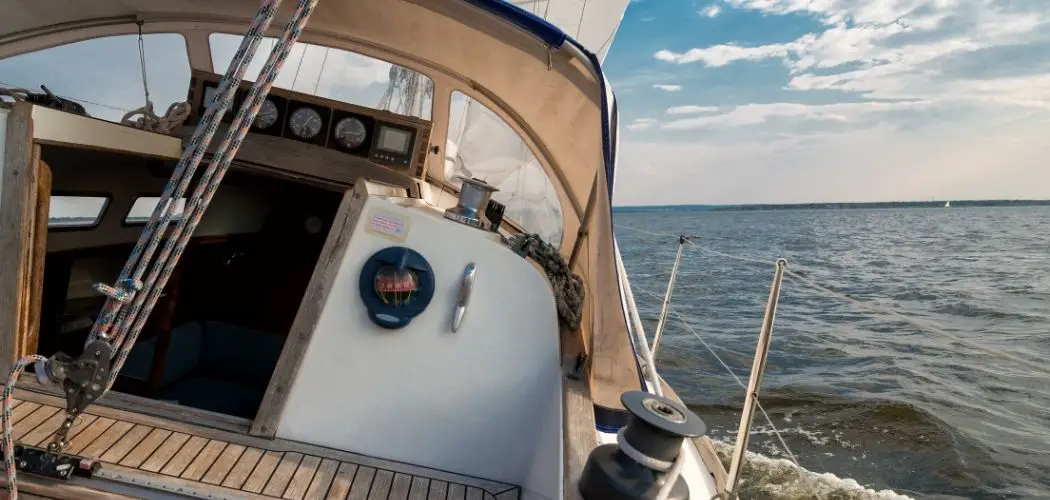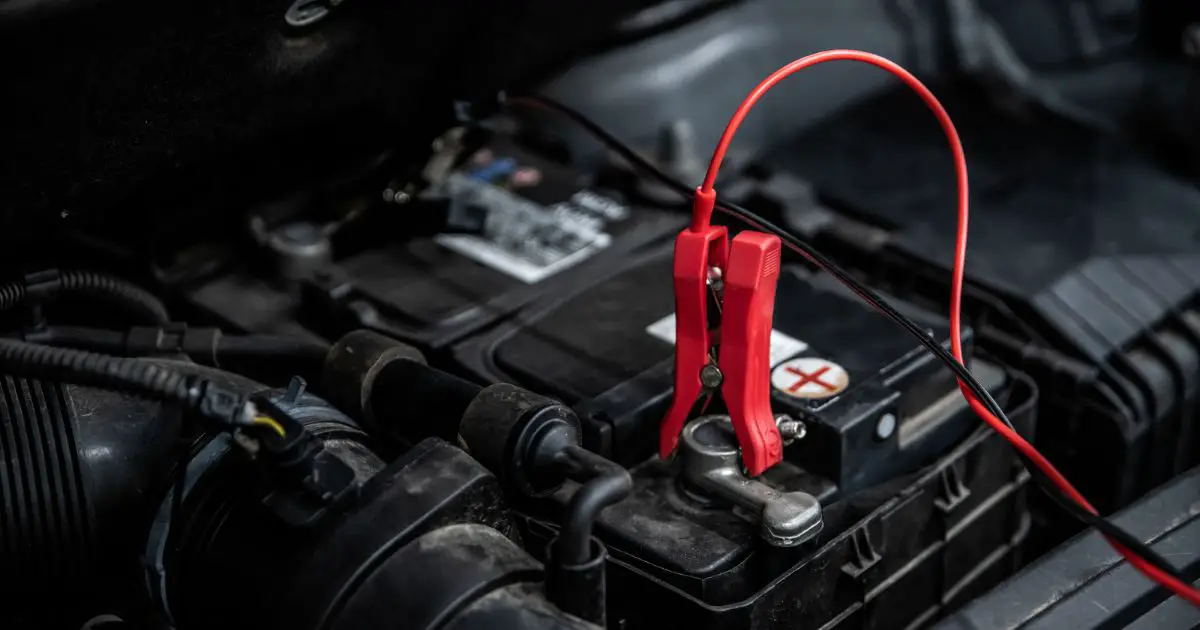Yes, you can use a portable generator on a sailboat to power those electrical systems. But these boats have to be too small to have a marine generator unit onboard.
However, you need to be very careful in using a portable generator on your sailboat because it poses severe safety risks.
Unlike those powerboats, most cruising sailboats have some equipment like gas stoves that run on liquified petroleum and ovens of the same kind. These are the primary power consumers, along with an electric gallery.
Do I Need a Generator on My Sailboat?
Sailors use inverters on their sailboats because these units can change the direct current power of the batteries in the boat into alternating current. This can power different electrical systems present on a sailboat and is a pretty safe option to use.
Sailboats that don’t have air conditioning and various other similar loads can easily deal with a unit that ranges between 1000W to 3500W in wattage rating. This much power is available to them using an inverter.
But if you want an option that allows you to deal with longer and greater demands, you will need to have a generator onboard. You will be able to power your electrical systems, and you can run your appliances with it too.
How Do I Charge My Boat Battery with a Generator?
Charging your boat battery is a process that is just like the way you charge all other batteries using a generator. You can use a good quality 90-amp charger for this, and everything will be fine.
But you need to keep in mind that these generator-to-battery cables don’t come with any regulations, and there are chances that you end up frying them. So, an even better option is to go for the charger plugged directly into your generator.
There are portable marine chargers also available in various varieties in terms of charging capacities. If your boat comes with an inbuilt charger, you need to go for a 2000W generator for sure. Don’t go for a 1000W generator, or you will end up burning your charger.
What Size Generator Do I Need for a Sailboat?
Suppose you are an owner of a typical 40-feet sailboat or more. You are looking to run a reverse-cycle air conditioning system on board along with various other small gallery appliances. This fridge runs on either direct current or alternating current, a water heater along with the battery charger. In that case, you need to go for an 8000W generator.
Anything under that in terms of generator power will have to skip some of these appliances. And don’t forget about the electrical system of your boat as well. With all these units running together, you will need a serious amount of wattage to power.
You will need a bigger Genset for a bigger sailboat, particularly if you have more appliances to run. For a smaller sailboat, you can go for a smaller Genset, but you will still need to go for a unit that has at least around 2000W to 3000W power in it.
Where Do Portable Generators Go on a Boat?
These portable generators, while running, can produce a lot of heat. Therefore, you need to place them above deck in a properly ventilated area when running them. You also need to make sure that you keep your Genset away from the reach of people.
You have to palace the unit away from the downwind of any portholes or hatches when the boat is moored. Just make sure it is placed somewhere on your boat in an isolated by well-ventilated area.
These marine generators are great, and they can continue to perform years after years, provided that you take care of them properly.
Beware of Boat Generator Fire Hazards
Gensets need to be in a well-ventilated area above the deck where people can’t reach them, and they should be away from the portholes.
Continuous working makes these units hot, and there is a fire hazard associated here as well. Therefore, you need to make sure your onboard genny is equipped with a spark arrestor.
This will prevent any unburned fuel and any other flammable debris from igniting within the genny’s exhaust. You also need to be very careful in refueling your portable generator due to the flammable debris and make sure your generator has cooled when you refuel it.
Don’t Let the Marine Generator Get Wet
Another precautionary measure you need to take is never running your portable generator directly in the rain. You need to provide it with a rainproof cover. If you don’t do that, you are at risk of severe electrocution.
Also, keep in mind that you need to allow your wet generator to dry before starting it. You can’t just start a wet generator because you are at risk of severe electric shock. Also, you never know how dry a wet generator is, so take extra caution when getting it to start in case of an emergency.
To avoid all this hassle, you need to cover it with rain and a waterproof sheet adequately so it remains dry. In addition, it would be better to have it placed under a roof while still providing it with enough ventilation.
Switch Off Boat Generator While in Motion
When you are on the go, it’s time to shut the generator down. Though the practice of running a generator while underway is not entirely refutable but to be safe, it is better to shut it down.
It should be the first thing you should turn on when you stop and the first thing you should shut down when you are preparing to go.
Not following this rule means that you will end up overcharging your genny, and with the heat, you will end up frying other appliances connected to the unit.
Why Might a Portable Generator be a Bad Idea for a Sailing Boat?
Using a portable generator on your sailboat is not entirely a bad thing. However, if you don’t take precautions, it might turn into your worst nightmare in no time.
If you use your portable generator to power your gas stove, you need to shut it down. This needs to be done as soon as you are on the way. This way, it might tip over and result in fire.
Apart from that, a running generator continues to produce electricity. If it gets wet, then there is a strong chance of severe electrocution as well. So, you need to be very careful with all of this.
How can I use a portable generator on a boat safely?
You have to be 100% sure that you have placed your portable generator on deck. Plus, it should be in an isolated area with adequate ventilation.
Additionally, you need to cover it with a waterproof sheet. This will prevent it from getting wet in the rain or from water splashes. It needs to be away from portholes as well.
Can you charge boat batteries with a portable generator?
Yes, you can charge boat batteries with a portable generator. And you can do it just as if you are charging any other battery.
What’s the best generator for a boat?
The best generator for a boat should base on the application you will use it for. For example, sailboats that are around 40 feet long are small. And come with larger appliances.
These include a fridge, a stove, the galley, and similar other fixtures. For these boats, you will need a portable generator that is around 4000W to 12000W.
Conclusion
Portable generators can be pretty useful on a sailboat. But you have to be very careful in using them. Make sure to place them over the deck. Plus, they should be in an isolated place where people can’t reach it. You also need to cover your generator with a waterproof sheet to prevent it from getting wet.


